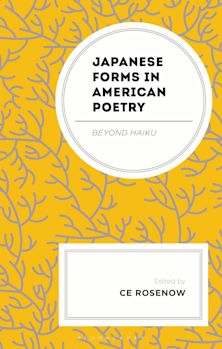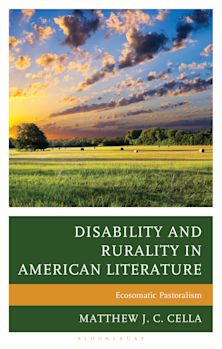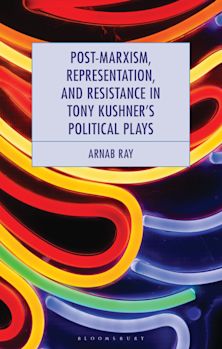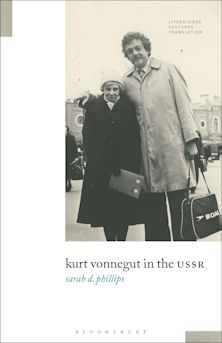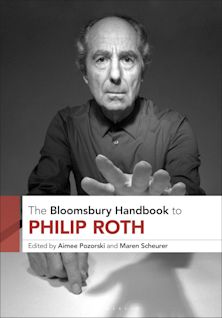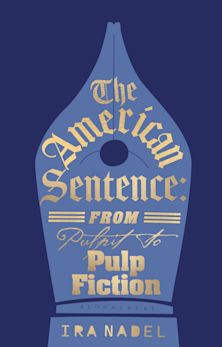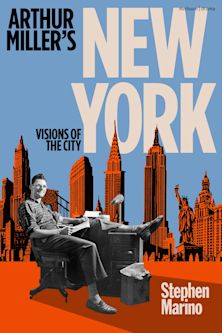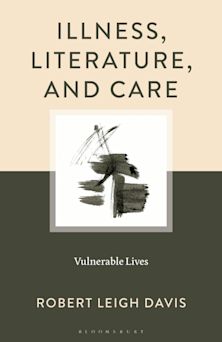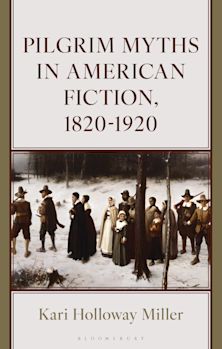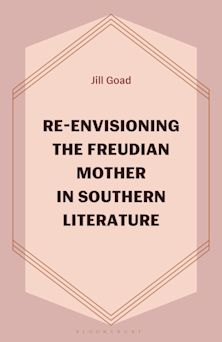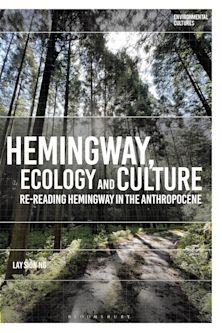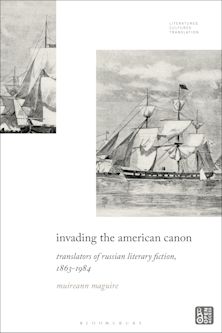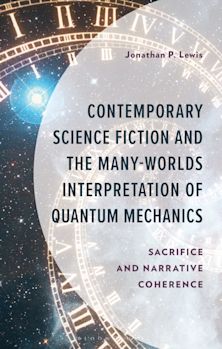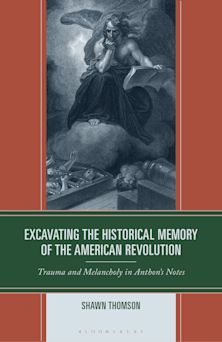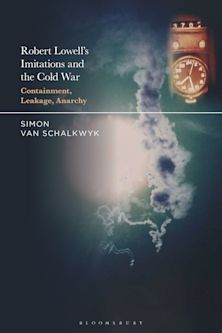- Home
- ACADEMIC
- Literary Studies
- North American and Caribbean Literature
- Reconsidering Longfellow
Reconsidering Longfellow
Christoph Irmscher (Anthology Editor) , Robert Arbour (Anthology Editor) , Matthew Gartner (Contributor) , Lauren Gatti (Contributor) , Andrew C. Higgins (Contributor) , James I. McDougall (Contributor) , Monica Pelaez (Contributor) , Lauren Simek (Contributor) , Rob Velella (Contributor) , Lloyd Willis (Contributor)
Reconsidering Longfellow
Christoph Irmscher (Anthology Editor) , Robert Arbour (Anthology Editor) , Matthew Gartner (Contributor) , Lauren Gatti (Contributor) , Andrew C. Higgins (Contributor) , James I. McDougall (Contributor) , Monica Pelaez (Contributor) , Lauren Simek (Contributor) , Rob Velella (Contributor) , Lloyd Willis (Contributor)
You must sign in to add this item to your wishlist. Please sign in or create an account
Description
Reconsidering Longfellow is the first collection of scholarly essays in several decades devoted entirely to the work and afterlife of the most popular and widely read writer in American literature. The essays, written by a new generation of Longfellow scholars, cover the entire range of Longfellow’s work, from the early poetry to the wildly successful epics of his middle period (Evangeline, The Song of Hiawatha) to his Chaucerian collection of stories published after the Civil War, Tales of a Wayside Inn. Separate contributions discuss Longfellow’s financial dealings, his preoccupation with his children, and his interest in the visual arts, as well as the tremendous role his poetry did and will once again play in American literature classrooms in the U.S. All essays were written specifically for the volume. Many of them rely on unpublished archival sources from the Longfellow collections at the Longfellow House-George Washington National Historic Site and at Houghton Library in Cambridge, Massachusetts.
Table of Contents
Acknowledgments
Note on Quotations
Introduction
Christoph Irmscher
1. Longfellow’s Conversations: Weltliteratur as Aesthetic in the Early Poetry
Andrew C. Higgins
2. Feeling, Controlling, and Transcending: The Negotiation of Sentiment
in Longfellow, Poe, and Whitman
Lloyd Willis
3. “A Love of Heaven and Virtue”: Why Longfellow Sentimentalizes Death
Monica Pelaez
4. The Song of Hiawatha and the Ruins of American Literature
James McDougall
5. The Sounds of Narrative in Longfellow’s Evangeline
Lauren Simek
6. Westwärts! Westwärts!
Christoph Irmscher
7. The Cultural Career of Longfellow’s “Paul Revere’s Ride”
Matthew Gartner
8. Figures Other Than Figures of Speech:
Henry Wadsworth Longfellow’s Pursuit of Financial Success
Rob Velella
9. “Not from the Grand Old Masters”:
The Art of Henry and Ernest Wadsworth Longfellow
Robert Arbour
10. Conversing with Longfellow: Democratizing the American Literature Curriculum
Lauren Gatti
Select Bibliography
Contributors
Index
Product details
| Published | 19 Feb 2014 |
|---|---|
| Format | Ebook (PDF) |
| Edition | 1st |
| Extent | 220 |
| ISBN | 9781683939382 |
| Imprint | Fairleigh Dickinson University Press |
| Illustrations | 9 BW Photos |
| Publisher | Bloomsbury Publishing |
About the contributors
Reviews
-
Once the US's schoolroom poet–he lost favor when modernism deemed him insipid–Henry Wadsworth Longfellow (1807-82) now has fresh appraisals sympathetic to his milieu, his poems' structural properties, and his underestimated advocacy of American historical truths. Irmscher's previous work includes Longfellow Redux and Public Poet, Private Man: Henry Wadsworth Longfellow at 200. He and Arbour lead eight other critics in a restoration of the poet's reputation, sympathetically re-presenting him as deserving cultural respectability. Andrew Higgins succinctly examines Longfellow's 1833 translation of Jorge Manrique's Coplas; Lloyd Willis finds in Longfellow sentimentalism affinities that run counter to the tradition of contemporaneous male poets. Other essays look at Evangeline (1847), Paul Revere's Ride (1861), and Longfellow's finances. James McDougall scrutinizes The Song of Hiawatha (1855) for its challenges then and still today, and uses Heidegger to probe both the famous poem and the vanishing Indian belief that helped create it. Arbour's essay includes little-viewed pencil sketches by the poet and his son Ernest Wadsworth Longfellow. With its vigorous cultural studies, new historicist, and transnational approaches to Longfellow–who was overshadowed by Poe and Whitman–this collection should be saluted for its cutting-edge absolution of Longfellow. Summing Up: Highly recommended. All readers.
Choice Reviews
-
A fine collection of essays on the career of Henry Wadsworth Longfellow stands as an important contribution to this year’s work.... [T]he editors provide scholars and students with valuable perspectives on a writer who remains one of the nation’s premier poets.
American Literary Scholarship
-
He just won’t go away! Despite efforts in the first half of the twentieth century to expunge Longfellow from the canon and in the second half to forget him altogether, he survives – not on the fringes of cultural history but, as this ground-breaking work in the emerging field of Longfellow Studies makes clear, as far too interesting and multi-faceted to ignore. Longfellow Reconsidered gives us a writer and educator much more complex than the dusty Schoolroom Poet of yesteryear: he rivals Whitman in the intensity of his nationalism, while at the same time being the most cosmopolitan American poet of his age. Congratulations to Christoph Irmscher and Robert Arbour for assembling this eye-opening collection.
Charles Calhoun, author of Longfellow: A Rediscovered Life












